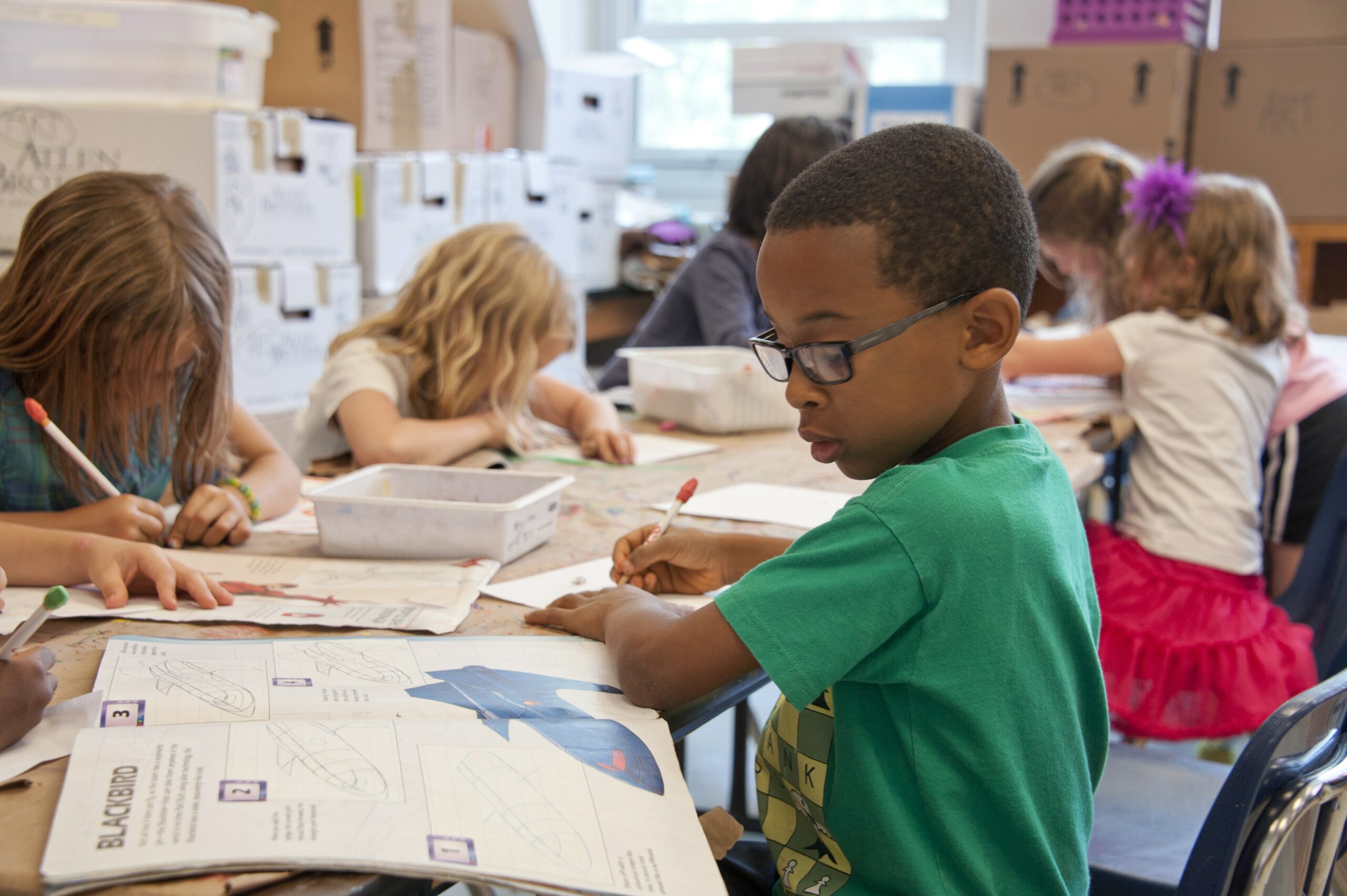
Blog
Nurturing Minds: The Crucial Role of Imagination in a Child’s Mental Health
In the bustling world of technology and structured education, the value of imagination often takes a backseat. However, fostering a child’s imagination is not just






